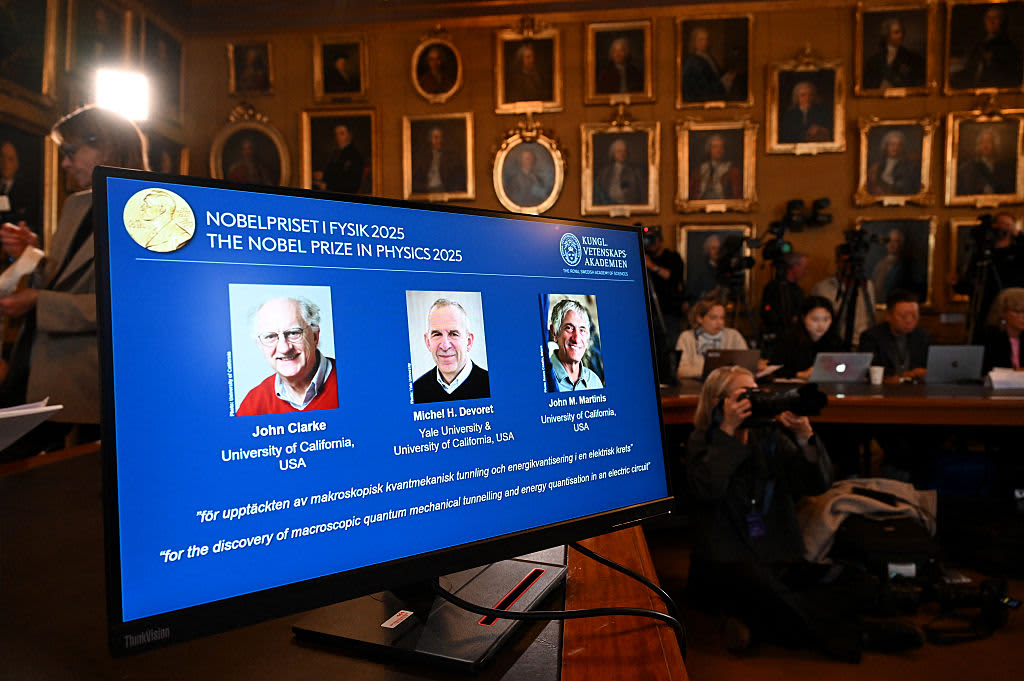
The physics Nobel Prize was awarded to Googler Michel Devoret
- October 8, 2025
- 0

Michel Devoret, who works for Google as the Chief Scientist of Quantum Hardware on the Quantum AI team, received the 2025 Physics Nobel Prize this morning. The prize is for his work on macroscopic quantum effects that laid the foundation for modern superconducting qubit-based quantum computing. Michel shares the honor with John Martinis, former hardware leader at Google Quantum AI, and John Clarke of the University of California, Berkeley.
It’s another exciting moment at Google, and our Quantum AI team is thrilled to see Michel and John recognized for their groundbreaking work. They join Demis Hassabis, John Jumper, and Geoffrey Hinton, winners of the 2024 Nobel Prize, among other distinguished Googlers and alumni.
Quantum mechanics on a macroscopic scale
This award celebrates a series of meticulous experiments conducted in the 1980s that had a revolutionary impact on physics and technology. A remarkable idea was demonstrated by Michel, John Martinis, and John Clarke: that a chip-sized, macroscopic electrical circuit could reveal and control the strange, counterintuitive laws of quantum mechanics, which had previously been thought to only apply to atoms and subatomic particles. They created a superconducting electrical circuit (i.e., a circuit with no electrical resistance) with a special feature known as a Josephson Junction, that can be used to create and manipulate these quantum phenomena.
Superconducting quantum computing’s foundation For Google’s Quantum AI team, this Nobel Prize is not just a celebration of historic science, it’s a celebration of the foundation of our current work on superconducting quantum computing. Josephson Junctions form the basis for today’s superconducting quantum bits (qubits), including those we’re making at Google Quantum AI. The work that Michel and John did helped us get this far, like the Willow quantum chip, which was a game-changer that we announced last year, and our 2019 milestone, which showed that a quantum computer could finish a benchmark calculation that a classical computer couldn’t. As we progress on our hardware roadmap and advance our mission to build quantum computing for otherwise unsolvable problems, it is also directing our path forward. This prize is a profound testament to the recipients’ work, and to the power of fundamental research. Decades later, their discoveries are continuing to inspire us to build the next era of computing.


















